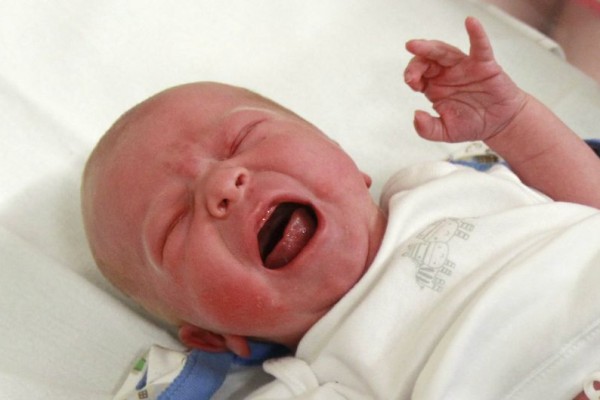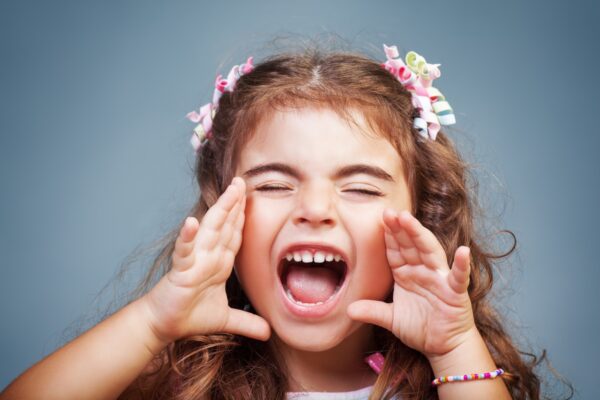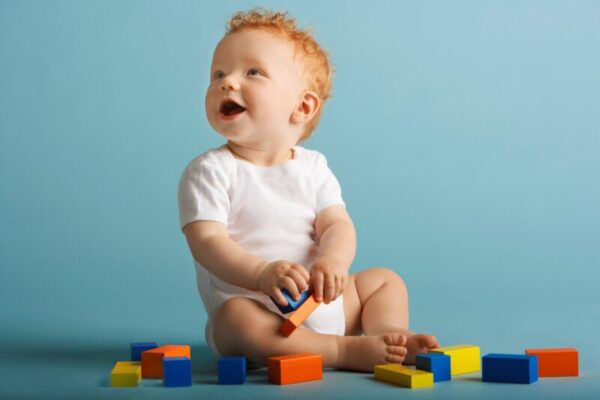My children attend a big primary school on the lower north shore in Sydney. The school has a reputation for academic excellence, so the pressure to keep up is real.
The other night, as always, I asked them how their day had been and to share their favourite story. My daughter admitted she didn’t have a favourite story to share, but a humiliating one.
She went on to explain her experience in a class times table competition, where one child was pitted up against another in a race and maths sums were called out by the teacher.
The child who answered first got to move up a step. The first to reach the whiteboard won. My daughter lost.
Last week, another child in the class suffered similar angst in a spelling race, which manifested in debilitating stomach pain.
Another classmate is an academic and sporting champion, but her social anxiety has been a constant concern for her parents, who would like to see structures put in place to alleviate their child’s inability to form close bonds in the classroom.
I asked my daughter why the exercise had made her feel so bad. Did she believe that the kid who finished fastest, was the smartest?
“No mama,” she replied. “I don’t think that, but everybody else does, I could see it in their faces.”
I knew that my response as a parent in that moment was critical. I reminded her that losing was okay. It means there’s room for improvement and that being the fastest at something doesn’t always mean you finish first in the end.
So why are our kids more anxious now than ever before?
We all know the impact social media plays on young adolescent minds, but what about our primary school children, where anxiety has skyrocketed to levels not seen before?
Could our constant efforts to curate our kids’ schedules, overprotect them from failure and encourage a survival of the fittest mentality be the reason, or is there more to it than that?
Empathy over competition
Traditionally in Australia, when a child showed an inability to cope with societal pressures, the typical response was to pretend it wasn’t happening or to get them to seek external help.
But it’s evident that more needs to be done.
Clearly one place to start is in the classroom, with subjects dedicated to teaching empathy, inclusion and a growth mindset as part of the school curriculum.
It’s something that a small but growing number of primary schools across Australia have begun adopting and something that the Danes have been doing rather successfully for generations.
I visited Denmark in 2017 to look at what it was that made them so happy. According to the World Happiness Index, the Danes are among the happiest people in the world and it’s been that way for more than four decades.
The Danes do not prescribe to a me-versus-you culture. After much questioning and a day in a classroom, I discovered it starts at primary school.
Their curriculum focuses strongly on the “whole” child, not just their sporting or academic
achievements. Entire subjects are dedicated to teaching empathy, mutual respect and social cohesion over competitiveness.
On the contrary, the smartest kids become the teacher’s aides, helping other kids, who are finding things more challenging in the class, to better understand.
Former mayor for child and youth services in Copenhagen Pia Allerslev and Mette Broegard, a primary school teacher-turned-principal, told me how Danish teachers spend those early school years teaching children how to develop their internal (emotional) compass, focusing on subjects like socialisation, autonomy, critical thinking and self-esteem.
Ms Broegard explained how most Danes know their children will get a good education, but also accept there’s no point in being a whiz kid in maths, without an ability to withstand the pressures of life in the real world.
It’s understood that true happiness isn’t derived from a high standard of education alone.
It’s dependant on one’s ability to cope well with stress and relate well to others when life throws you curveballs. That’s why empathy is taught as a standalone subject and practised in other lessons. .
Children are individuals with different needs
But even the Danes will be the first to tell you that school is just one part of the puzzle. Parents are the child’s most important teachers.
As parents, it is crucial that we observe our own default settings.
Our behaviour and our belief systems are, more often than not, reflected back to us in the behaviour and internal belief systems of our children.
If we are anxious, judgemental or dismissive, then chances are our children are picking up on it.
One of the things which struck me most about Danish parenting was just how much value they placed in spending quality time with their kids.
Every home I walked into in Denmark had a bookshelf filled with board games.
Families I met spoke of the importance of teamwork and cooperation, which was actively encouraged in every aspect of domestic life, including cooking together, chopping wood for the fire together (yes, they let their kids use an axe), playing games together and even cleaning up together.
Creating meaningful moments of connection with your family was the cornerstone of Danish culture.
As parents, it’s natural to want to give our kids the optimum start in life, to equip them with the best possible tools and lavish them with praise.
But what if the Danes are onto something? What if we encouraged kids to focus on their efforts rather than the accolades, and on their peers rather than purely on themselves?
In their book, The Danish Way of Parenting, Jessica Alexander and Iben Sandahl dig into the importance of working together.
“Contrary to what we might think, people’s brains actually register more satisfaction from co-operating and helping others than from winning alone,” they wrote.
“It’s no surprise that empathy is one of the single most important factors in making successful leaders, entrepreneurs, managers and businesses. It reduces bullying, increases our capacity to forgive and greatly improves relationships and social connectedness.”
Alexander and Sandahl also describe how Danish teachers are trained to follow a practice in schools called “differentiere”, whereby teachers “learn to see each student as an individual with different needs”.
The objectives can be academic, personal and social. The teacher then creates a plan to assess each child’s areas of strengths and weaknesses and organises the activities and group setting accordingly.
In my daughter’s classroom for example, the child who is brilliant in maths might be teamed up with someone like my daughter who may need more help.
Likewise, the child who is socially anxious and has difficulty making friends or speaking in public, would benefit from being with my daughter or someone similar, to help them overcome their social anxiety.
Encouraging personal bests — not being the best
As a parent of two young children, my trip to Denmark could not have come at a better time.
It taught me the value of focusing on playfulness over perfection in those early years and on encouraging personal bests rather than being the best.
Most importantly, it helped shape my view on the importance of teamwork over individual triumph.
And their school is getting there too. As I tucked my son into bed the other night, he told me about his “feelings” class which they’ve just started doing with a volunteer Year Two teacher.
It’s only once a week, for a few weeks, but he said it teaches him about emotions and what to do with them.
“Mum, you know I’m resilient,” he told me.
“I just wash away any bad things that anyone says. I don’t let it affect me.”
They may not be topping the class in tests or competitions right now, but they seem to be contributing nicely to the wellbeing of their classmates.
And in the anxiety driven world we live in today, I couldn’t be more proud of them for that, or the teachers who recognise their worth and celebrate them for it.
This article was written by Mariana Rudan and originally featured on ABC news Australia here





